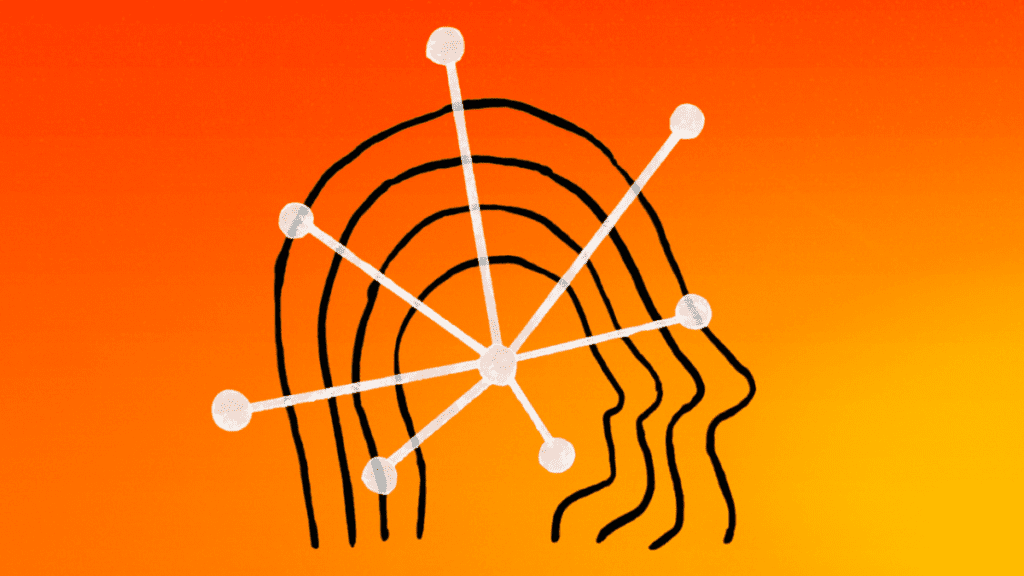Anthropic Champions Transparency in Generative AI with System Prompt Disclosure
Generative AI models, while advanced in their capabilities, are not sentient or intelligent beings but rather sophisticated statistical systems designed to predict the most probable next words in a given context. Unlike human beings, they lack personality and awareness, functioning instead like obedient interns in a strict environment. These models adhere closely to instructions, including primary "system prompts" that outline their fundamental attributes and guidelines for interaction.
Prominent generative AI developers, including OpenAI and Anthropic, leverage system prompts to manage model behavior and guide the tone and sentiment of their outputs. These prompts might instruct a model to be respectful but not overly apologetic or to communicate its limitations honestly, acknowledging that it cannot possess all knowledge.
Despite their significance, companies typically keep these system prompts confidential, likely for both competitive advantages and to mitigate the risk of users circumventing them. For instance, uncovering the prompt for OpenAI’s GPT-4o can only be achieved through a technique known as prompt injection, which results in outputs that may not be entirely reliable.
In a move towards greater accountability and ethical practices, Anthropic has become the first major AI vendor to publicly disclose the system prompts for its latest models—Claude 3 Opus, Claude 3.5 Sonnet, and Claude 3 Haiku—available in their mobile apps and web interfaces. Alex Albert, Anthropic’s head of developer relations, announced on social media that this transparency initiative aims to make such disclosures a regular part of their updates as they refine and adjust the prompts.
The recent system prompts, last updated on July 12, clarify several restrictions placed on the Claude models. For instance, they specify that "Claude cannot open URLs, links, or videos," and enforce a strict no to facial recognition, instructing the model to behave as if it is completely "face blind" and to refrain from identifying or naming individuals in images.
Beyond outlining what the models cannot do, the prompts also depict desired personality traits. The directive for Claude 3 Opus emphasizes that the model should exhibit intellectual curiosity, actively engage users in discussions across various topics, and approach sensitive subjects with impartiality and clarity. The system encourages Claude to avoid starting responses with the phrases "certainly" or "absolutely," aiming for a more thoughtful interaction.
Interestingly, these system prompts resemble character sheets in a play, suggesting that Claude is intended to connect meaningfully with human conversation partners. The final note of the Opus prompt—"Claude is now being connected with a human"—creates an illusion of consciousness, as though the model exists to serve the needs of its users.
However, this perception is misleading. The prompts highlight that without human guidance, these models are effectively blank canvases, requiring structured input to function effectively.
With this unprecedented release of system prompt changelogs, Anthropic is challenging its competitors to follow suit. The effectiveness of this strategy will be monitored in the broader AI landscape as the call for transparency in AI development continues to grow.




